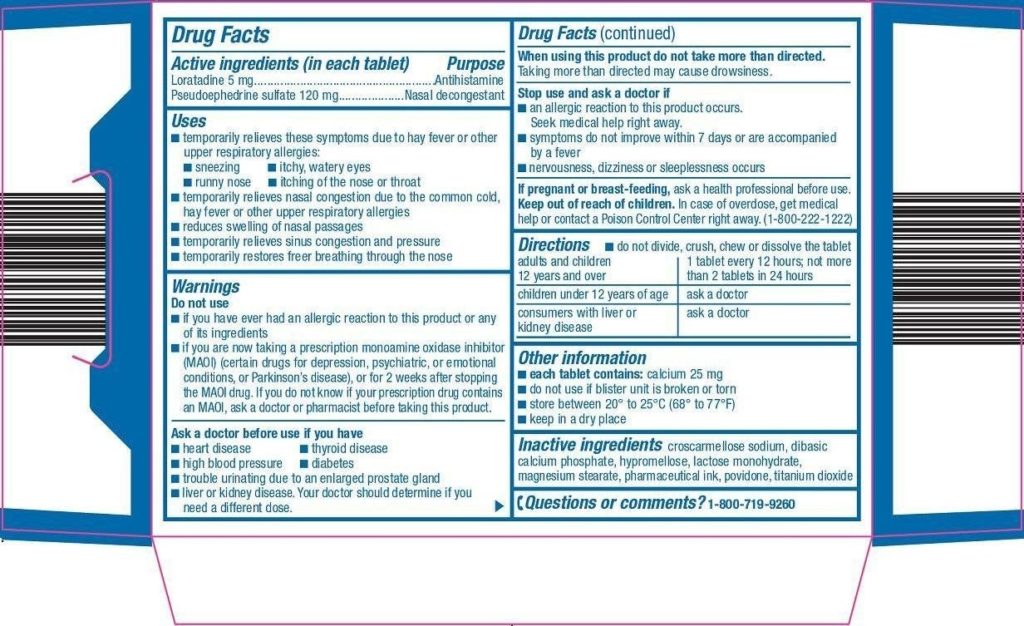
With colder weather quickly approaching, many people will be rushing to the pharmacy to pick up symptom-relieving and seemingly life-saving over-the-counter medications (OTC) to combat cough, cold, and allergy symptoms they may be having. While OTC medications are generally safe to use without the supervision of a pharmacist, doctor, or other healthcare provider, Bremo employees still believe it is important to educate patients on OTC products and how they will impact their health. Here are some top tips to keep in mind:
- Watch out for interactions: Many OTC products interact with not only other medications, but also food, alcohol, and diseases. For example, aspirin is a medicine used to prevent heart-related problems and to relieve pain. It is known to thin the blood. Alcohol also thins the blood, and therefore using these items together should be avoided in most circumstances. We recommend always consulting with your pharmacist or doctor before taking any new medication. This includes, OTC medications, vitamins, supplements, and even herbal products. They can evaluate your medication use and disease states to make sure the new medication is safe for you to use. It is the safest option if you receive all prescription and OTC medications from a single pharmacy, so consider transferring your medications to Bremo.
- Pay attention to side effects: For example, a very common pain reliever, Tylenol® (also known as acetaminophen), is known to cause liver damage. Therefore, patients with liver problems should use extreme caution when using this medication.
- Always read the label first: How do you know if a medication is safe to use? Luckily, warnings, directions, and common side effects are listed on the label on the box or bottle, but you need to know what you are looking for. Common sections included on OTC labels are:
- Active ingredients- this is what treats the symptoms. Brand or generic medications may appear as the active ingredient on a label
- Uses- also known as indications or reason for use
- Warnings- this includes interactions, side effects, and reasons to consult a healthcare professional before starting a medication
- Directions- this includes the amount, how often you should take the medication, and how long you should take the medication before seeking medical attention
- Other Information- other need-to-know information such as storage requirements will be found here
- Inactive ingredients- these are ingredients that don’t actually treat symptoms, but are included in the medication. Caution- patients can have allergies to inactive ingredients
- Questions or comments- a resource such as a website or telephone number will be provided if a patient has questions not covered on a label
The prescription label of a common OTC product, Claritin D® is provided below. The “D” in the product name stands for decongestant. Note the different sections included on the label. Pseudoephedrine is the decongestant in this product. One warning states that you should ask your doctor before using this product if you have hypertension. This is an interaction between the active ingredient and a disease state. Though it is clearly stated on the label, many patients do not read the label and may be worsening their blood pressure without knowing it. This is a perfect example of why it is important to read labels or consulting with a pharmacist before using OTC medications.

Bremo Bonus Tip: some OTC medications are present in combination with other medications. For example, Benadryl® (also known as diphenhydramine) is often sold as a single product, but it is also included in some nighttime sleeping medications. Be sure to check the active ingredient section on the label to make sure you are not accidentally doubling up on a certain medication. Similarly, multiple medications in the same class of drugs, such as antihistamines, should not be used in combination with each other. For example, if you are taking Claritin D® for allergies, you should not be taking Zyrtec® or cetirizine as they are both in the same class. Ask one of our pharmacists if you have any questions about which class of medications a drug falls in. It is important to keep medications organized to avoid this issue.
92 percent of physicians believe OTC medicines are effective, and 91 percent believe these medicines are safe. While it is no doubt that OTC products can reduce suffering and make us feel better, we want to make sure patients are using products safely and effectively. Stop by our Bremo locations today to have full access to our OTC sections and speak with our pharmacists for recommendations on appropriate products. If you are seeking a product that is not available in other pharmacies, give us a call and we will be happy to see if we can special order it for you for no additional cost!


